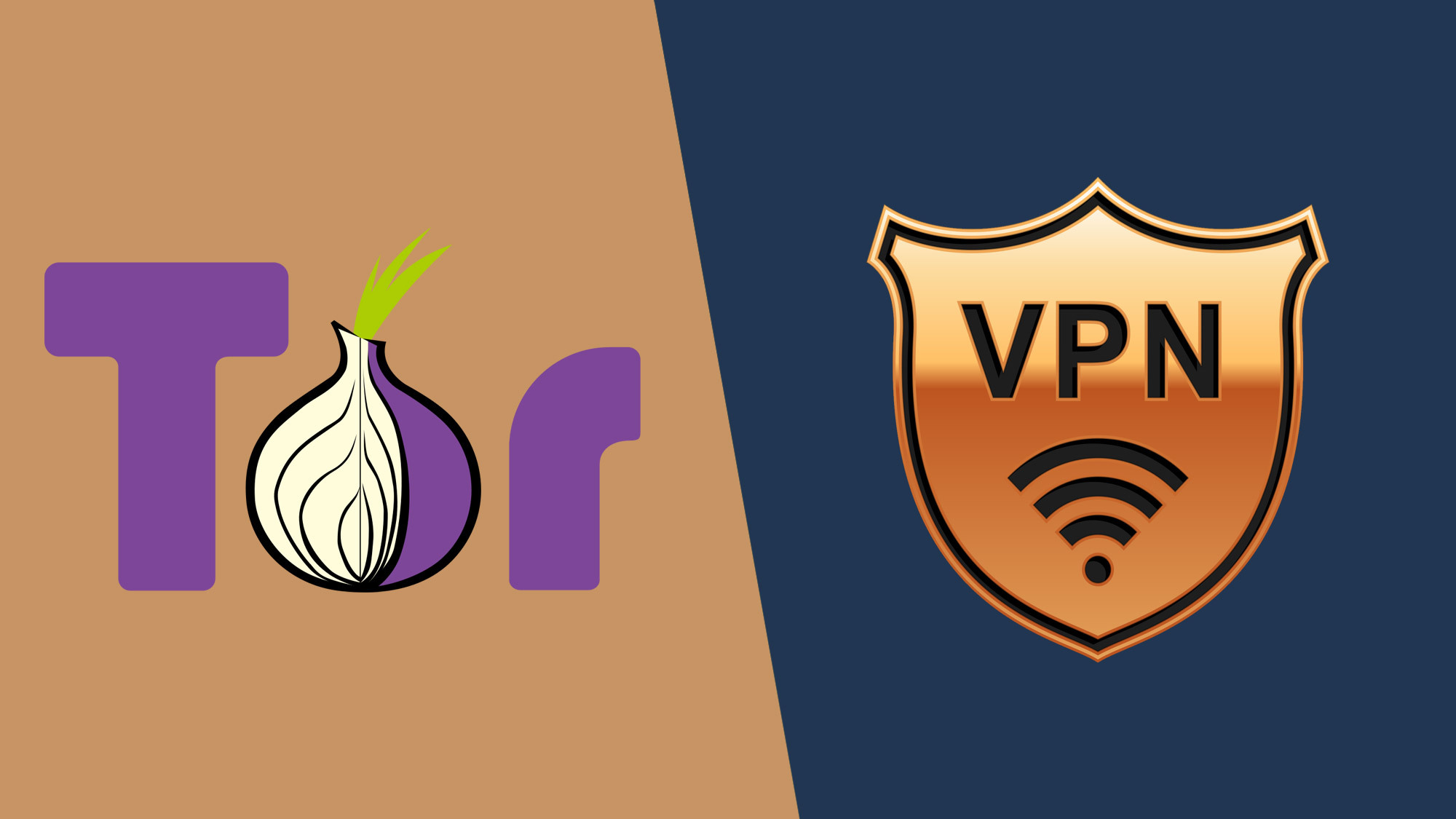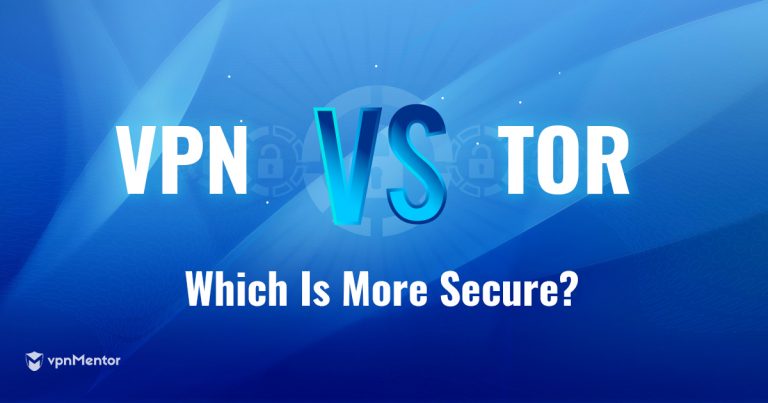There are many different ways to protect your online privacy, and two of the most popular methods are using a VPN or Tor. Both have their advantages and disadvantages, so which one is the best for you? Let’s take a closer look at each option to help you decide.
VPNs encrypt your traffic and route it through a server in another location. This makes it difficult for anyone to track what you’re doing online. VPNs are also generally faster than Tor because they don’t have to bounce your traffic around multiple nodes.
However, VPNs aren’t perfect. They can be expensive, and some providers keep logs of user activity. That means that if someone gets their hands on those logs, they could see what you were doing online.
There are many ways to keep your online activity private and secure. Two popular methods are using a VPN or Tor. Both have their advantages and disadvantages, so it’s important to understand the difference between the two before deciding which one is right for you.
VPNs encrypt your traffic and route it through a server in another location. This makes it difficult for anyone to track your activity or see what you’re doing online. VPNs are typically faster than Tor because they don’t have to bounce your traffic around multiple nodes.
However, VPNs aren’t perfect. They can be expensive, and some companies keep logs of user data. Additionally, your traffic can still be monitored by your ISP if they suspect you’re using a VPN.
Tor is a free, open-source network that routes your traffic through multiple nodes around the world. This makes it much more difficult to track your activity or see what you’re doing online. However, because your traffic is bouncing around multiple nodes, it can be slow and unreliable at times.
Both VPNs and Tor can be effective ways to keep your online activity private and secure.
Tor vs VPN | What's the Difference? (and which should you use?)

Credit: www.techradar.com
What is the Difference between Tor And Vpn
There are a few key differences between Tor and VPN that are important to understand. First, Tor is a completely free and open-source software project, while most VPNs are commercial products. This means that anyone can audit and improve the code for Tor, but only the developers of a given VPN can make changes to its code.
Second, while both technologies route your traffic through multiple servers in order to disguise your identity and location, Tor encrypts all of your traffic at each hop along the way, while most VPNs only encrypt your traffic from your device to the first server. This makes it much more difficult for someone monitoring your traffic to figure out where you’re coming from or going to. Finally, because of the way they work,Tor is much slower than most VPNs.
Both Tor and VPN can be useful tools if you’re trying to protect your privacy online. Which one is right for you depends on your needs and threats. If speed is important to you or if you need to access sites that are blocked by censors (such as Facebook in China), then a VPN is probably a better choice.
If anonymity is more important to you (for example, if you’re worried about NSA surveillance), then Tor might be a better option.
Conclusion
There are many benefits to using a VPN over Tor. For one, VPNs are much faster than Tor. They also provide better security and anonymity than Tor.
Additionally, VPNs are easier to use and more convenient. Finally, VPNs are more reliable and offer more features than Tor.
